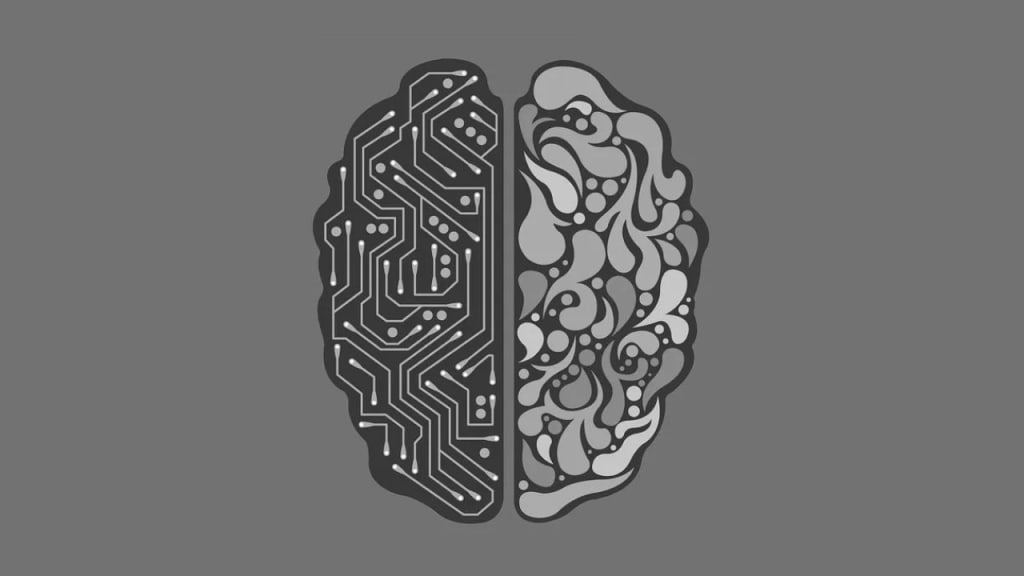AI vs Humans
Exploring the Potential Impact of AI on Jobs, Creativity, and Innovation

Artificial intelligence (AI) has been a hot topic of discussion for many years now, with some people viewing it as a potential threat to humanity while others see it as a tool that can improve our lives in many ways. In this article, we will explore the debate surrounding AI vs humans and discuss the potential benefits and drawbacks of this technology.
AI is a branch of computer science that aims to create intelligent machines that can perform tasks that would normally require human intelligence. These machines can learn from experience, adapt to new situations, and make decisions based on data. They are designed to perform specific tasks, and can sometimes outperform humans in those tasks due to their speed and accuracy.
One of the main benefits of AI is that it can help us automate repetitive or mundane tasks, freeing up humans to focus on more creative and innovative work. For example, AI-powered robots can be used in manufacturing to assemble products faster and with greater precision than human workers. Similarly, AI-powered chatbots can be used to handle customer service inquiries, saving companies time and money.
AI can also be used to improve decision-making in various fields such as finance, healthcare, and transportation. By analyzing large amounts of data and identifying patterns and trends, AI systems can help humans make more informed decisions. For example, doctors can use AI-powered tools to analyze medical data and make better diagnoses, while financial analysts can use AI to predict market trends and make better investment decisions.
However, there are also concerns about the potential drawbacks of AI. One of the main concerns is that AI could replace human workers, leading to widespread job loss and economic disruption. For example, self-driving cars could replace human drivers, leading to job losses in the transportation industry. Similarly, AI-powered robots could replace human workers in manufacturing, leading to job losses in that sector.
Another concern is that AI could be used to create autonomous weapons that could be used in warfare. This could potentially lead to a new arms race and increase the risk of accidental or intentional harm. There are also concerns about the potential misuse of AI by authoritarian regimes, who could use it to monitor and control their citizens.
There are also concerns about the potential impact of AI on human creativity and innovation. Some experts worry that if AI becomes too advanced, it could lead to a situation where humans become overly reliant on machines and lose the ability to think creatively or critically. This could lead to a decline in human innovation and progress.
Despite these concerns, many experts believe that AI has the potential to improve our lives in many ways, and that it is possible to mitigate the potential risks. For example, governments and companies can invest in retraining programs to help workers transition to new jobs as AI replaces certain roles. They can also regulate the development and use of AI to ensure that it is used in an ethical and responsible manner.
In addition, researchers can work on developing AI systems that are transparent and explainable, so that humans can understand how they work and make informed decisions about their use. They can also work on developing AI systems that are aligned with human values and goals, so that they support rather than undermine human interests.
In conclusion, the debate surrounding AI vs humans is complex, and there are valid arguments on both sides. While AI has the potential to improve our lives in many ways, it also poses certain risks and challenges. Ultimately, it is up to us to ensure that we use this technology in a responsible and ethical manner, and that we work to mitigate the potential risks while harnessing the benefits.






Comments
There are no comments for this story
Be the first to respond and start the conversation.